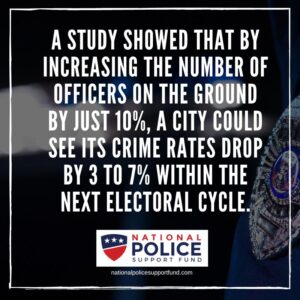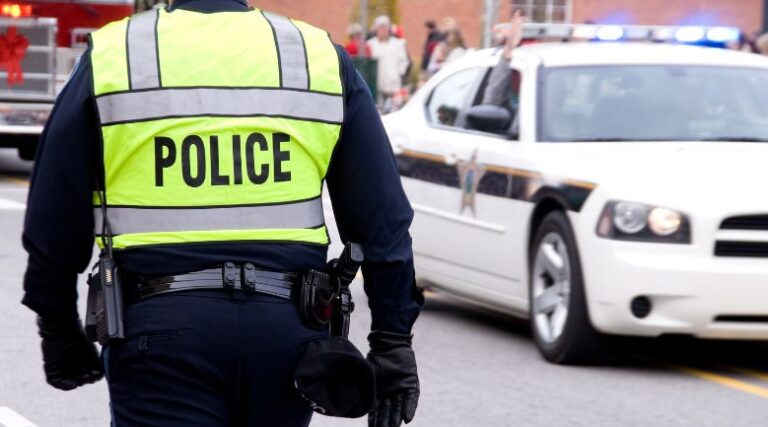With every new budget, the local Police Department gets ready to answer the same question – what is the best way to allocate this year’s funding? Ultimately, every law enforcement officer has one professional goal: to create the safest community possible around them.
But with limited funds, what is the most efficient way to achieve this? Is it through increased training? Invisible surveillance? High-tech equipment? Or does police presence lower crime by itself? While there is no absolute answer to this question, we do have a wealth of evidence that supports a specific angle: boots on the ground get results.
Have We Tested the Effects of Police Presence?
Over and over again, history has given us evidence of the impact of “no police.” Many times, this was entirely by accident – although the ensuing results were no less surprising.
One of the first prompts behind the importance of police presence lies in the 1969 Montreal Police strikes. After an abrupt halt in wage negotiations, the city’s police officers went on a “wildcat strike”: they refused to work without the consent of their union, and without implementing any emergency staffing plans.
The result? The entire city had no law enforcement, and people knew. What followed is often described as one of the “worst outbreaks of lawlessness” in an otherwise peaceful country. Widespread looting, vandalism, and violence took over the city.

There is little doubt that the complete absence of police presence will trigger an increase in crime. But does that mean that more police will decrease it? For this question, we need to turn to more recent research.
Police and Crime in Numbers
One of the best available summaries on the relationship between crime reduction and police presence was provided by Steven D. Levitt in 2002. An economist from the University of Chicago, Levitt published a review study examining four separate smaller studies on urban policing.
For his view, Levitt selected three different studies that examined police spending, staffing number, and crime rates across electoral cycles, alongside a fourth study that took firefighter numbers into consideration.
Here, Levitt found that any cities that increased spending in police spending could see a corresponding reduction in crime rates. In general, by increasing the number of officers on the ground by just 10%, a city could see its crime rates drop by 3 to 7% within the next electoral cycle.
Levitt was not alone in his conclusions. In 2015, a similar exercise was published by the University of Pennsylvania. Led by Jonathan Klick, John McDonald, and Ben Grunwald, this study found the biggest drops were seen in street crimes, particularly auto theft. They also found that the effect was even stronger in traditionally underserved communities, such as urban or low-income jurisdictions.
Why Is Police Presence Important?
In the current political landscape, the issue of police budgets is often deemed a thorny one. Although many voices now agree that the country is due for large-scale criminal justice reform, few can agree on how this reform should take place.
Furthermore, the data behind these studies provide another important clue: what reduces violent crime – and especially crimes of opportunity, such as looting or auto theft – is not increased arrests, high-tech surveillance, or faster prosection. It is the presence of the officers themselves which acts as a deterrent before the crimes are ever committed.
And yet, a lot is riding on this decision. A reduction in crime of just 10% is not a small triumph, and it can have major implications for the local economy. When we prevent violent crimes from occurring, we are also protecting the possible victims from suffering any harm in the first place.
So who stands to gain the most from this? The same communities who live in high-crime neighborhoods, who are disproportionally from low-income families and precarious situations. That is the people who are more likely to be distrustful of police in the first place.
What an important lesson to keep in mind in the BLM era!









